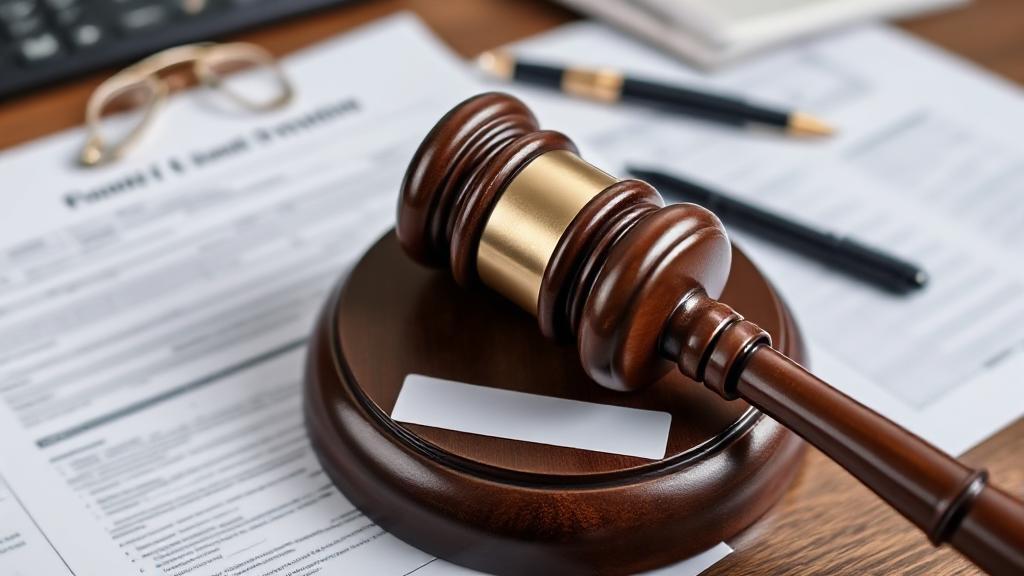Introduction
Bankruptcy can be a daunting experience, both emotionally and financially. One of the most significant concerns for individuals considering bankruptcy is its impact on their credit report. Understanding how long bankruptcy remains on your credit report is crucial for planning your financial recovery and rebuilding your credit score.
What is Bankruptcy?
Bankruptcy is a legal process designed to help individuals or businesses eliminate or repay their debts under the protection of the federal bankruptcy court. There are different types of bankruptcy, but the most common for individuals are Chapter 7 and Chapter 13.
Chapter 7 Bankruptcy
Often referred to as "liquidation bankruptcy," it involves the sale of a debtor's non-exempt assets to pay off creditors. It typically takes a few months to complete and remains on your credit report for 10 years from the filing date.
Chapter 13 Bankruptcy
Known as "reorganization bankruptcy," it allows individuals to keep their property and repay debts over a three to five-year period. This type remains on your credit report for 7 years from the filing date.
Impact Over Time
The effect of bankruptcy on your credit score typically diminishes as time passes:
- Immediate Impact: Severe drop in credit score (often 200+ points)
- First Two Years: Strongest negative impact
- Years 3-5: Impact begins to lessen
- Final Years: Minimal impact before removal
Steps to Rebuild Your Credit
-
Review Your Credit Report: Regularly check your credit report for errors and ensure that the bankruptcy is accurately reported. You can obtain a free credit report from AnnualCreditReport.com.
-
Create a Budget: Develop a realistic budget to manage your finances and avoid future debt issues.
-
Establish an Emergency Fund: Save a small amount regularly to build an emergency fund, which can prevent future financial crises.
-
Use Credit Wisely:
- Open a secured credit card
- Become an authorized user on someone else's credit card
- Keep credit utilization low (aim for less than 30%)
- Make all payments on time
"Time and consistent responsible behavior are your best allies in credit recovery after bankruptcy." - National Foundation for Credit Counseling
Legal Rights and Responsibilities
Under the Fair Credit Reporting Act, credit reporting agencies must:
- Remove bankruptcies after the appropriate time period
- Investigate disputes within 30 days
- Provide accurate information
After Bankruptcy Falls Off
When the bankruptcy falls off your credit report:
- Previously included debts should not reappear
- Your credit score may improve significantly
- New credit opportunities may become available
- Interest rates on loans may decrease
Remember, bankruptcy isn't a permanent mark on your financial record. With patience and proper financial management, you can rebuild your credit and move toward a stronger financial future. For more detailed guidance, consider consulting with a financial advisor or visiting the Federal Trade Commission's website.
